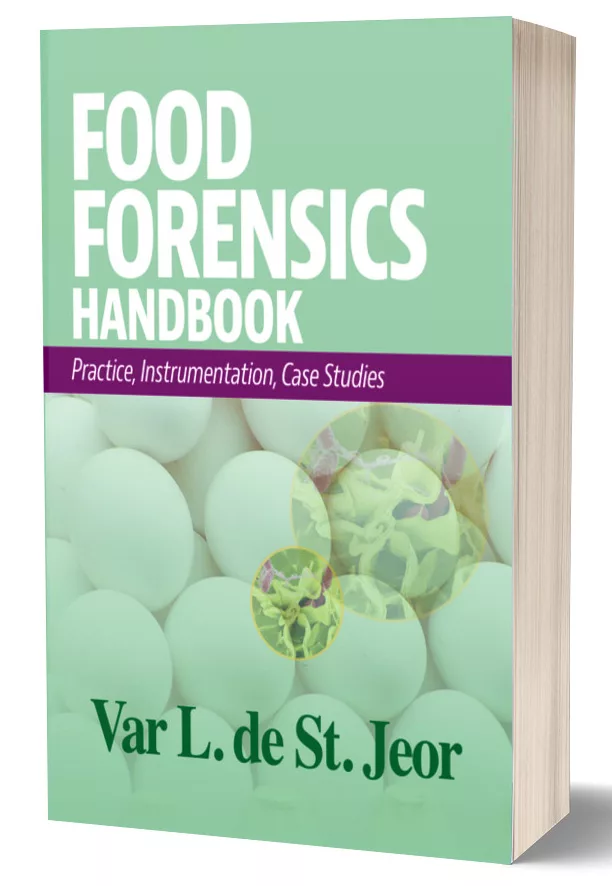Swedish Food Basket Survey Shows Exposure to PFAS, Dioxins, Salt Decreasing

Image credit: Freepik
Intakes of per- and polyfluoroalkyl substances (PFAS), dioxins, and salt have decreased in Sweden, according to the results of Livsmedelsverket's (the Swedish Food Agency’s) latest food basket survey. According to the agency, dioxins and excess salt pose the greatest health risk of all the substances assessed in the survey.
The Swedish food basket survey is carried out regularly to provide an overview of the harmful contaminants and nutrients present in the food supply, as well as the per capita consumption of different types of foods. The food analyzed for the most recent survey was sampled from grocery stores in fall 2022. Previous food basket surveys were carried out in 1999, 2005, 2010, and 2015.
Foods assessed in the food 2022 basket survey, in order of highest to lowest per capita consumption, were: coffee and tea, beverages (sodas, mineral water, and beer), lean dairy products, cereal products, vegetables, fruits, meat, potatoes, sugar and sweets, fatty dairy products, fats and oils, pastries, processed meat (subgroup of meat), eggs, fatty fish, lean fish, plant-based drinks, pizza and hand pies (subgroup of pastries), and meat substitutes.
Overall, the results from the 2022 food basket survey do not raise a health concern for the general population regarding the per capita intake for most of the analyzed contaminants and nutrients. However, intakes of dioxins, salt, and saturated fat were too high relative to their reference values, although salt and dioxin intakes have decreased since previous surveys. The majority of dioxins and polychlorinated biphenyls (PCBs) came from fatty fish, dairy, and meat, as well as fats and oils. Fatty fish contained the highest levels of PCBs and dioxins.
The intake of acrylamide also indicated a concern for public health, even considering the fact that acrylamide intake is underestimated. The highest levels of acrylamide were found in pastries, followed by sugar and sweets. Potatoes also had high levels of the chemical. The same food groups, together with coffee and tea, contributed the most to per capita intake. There has been a recent push by European consumer advocates for the European Food Safety Authority (EFSA) to set legally binding limits for contaminant acrylamide in foods, as it may be neurotoxic, genotoxic, carcinogenic, and damaging to reproductive and developmental health.
Although per capita intakes of PFAS has been on a downward trajectory since 1999, the combined intake for the PFAS-4 class of chemicals (comprising PFAS of concern like PFOA, PFOS, PFNA, and PFHxS) accounted for approximately half of the total PFAS intake, suggesting a need for health-based reference values for additional PFAS. Considering that PFAS exposure from drinking water was not included in the food basket survey, consumption of the contaminant does not raise a major health concern for the Swedish population. Still, measurable levels of PFAS were seen in lean and fatty fish and eggs.
Regarding toxic heavy metals, per capita intake did not exceed health-based guidance values. However, intakes for cadmium and inorganic arsenic came close to causing a health concern, with the majority of exposure caused by cereals. The intake of inorganic arsenic has risen since previous studies, while the health-based guidance values for the metal have decreased.
The survey indicated a possible health risk to the general population from some mycotoxins—ochratoxin A and aflatoxins. However, intakes are uncertain as most levels were below the limit of quantification, levels were only investigated in two food groups, and the presence in food is often variable and sporadic.
Looking for quick answers on food safety topics?
Try Ask FSM, our new smart AI search tool.
Ask FSM →









